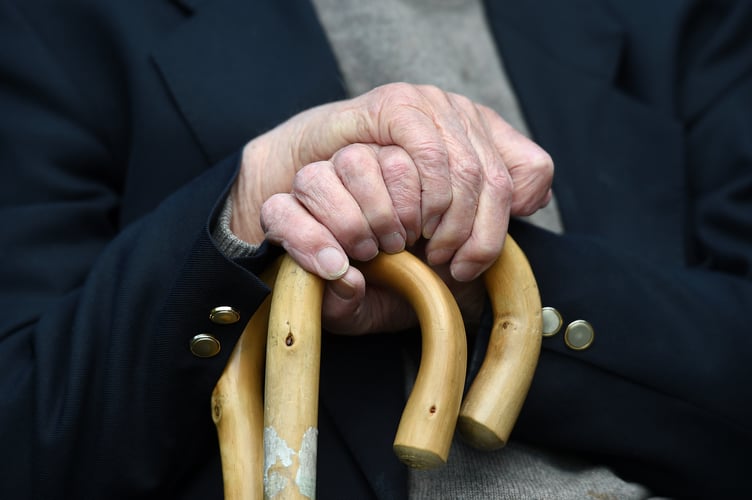Young women in Bath and North East Somerset are expected to spend years more of their lives providing unpaid care than their male counterparts, new analysis shows.
The Carers Trust said it is an "ongoing and deeply worrying trend" that caring responsibilities often fall on women.
New analysis from the Office for National Statistics reveals 15-year-old females in Bath and North East Somerset will spend an estimated 7.4 years providing unpaid care – accounting for 11% of the rest of their lives.
This is compared to 5.2 years estimated for 15-year-old males in the area, creating a difference of 2.2 years.
Ramzi Suleiman, Carers Trust's policy and public affairs manager, said: "It is an ongoing and deeply worrying trend that those responsibilities so often fall on women."
He said local carer organisations can offer advice and support to unpaid carers, but added "they can only do so much".
He said: "Whoever forms the next government needs to make long-term, sustainable funding for social care a top priority.
"They must also ensure unpaid carers can get much-needed breaks and are supported by a reformed welfare system that properly supports them."
The figures also highlighted the significant health impact on those who provided the highest amount of unpaid care.
In Bath and North East Somerset, 38% of people who provided more than 50 hours of unpaid care reported not having good health in the 2021 Census.
Meanwhile, 15% of people who said they did not provide any unpaid care reported either fair or bad health.
Mr Suleiman said the figures show being an unpaid carer is having a "devastating impact" on the health of millions of people across the country.
"Carers are paying the price for the ongoing failure to fix the social care system and are being forced to fill the gaps by taking on extra caring responsibilities themselves," he added.
A Department of Health and Social Care spokesperson said unpaid carers "play a vital role in our communities".
They added: "That’s why the latest NHS Constitution consultation includes and emphasises the importance of supporting the health and wellbeing of unpaid carers, as well as supporting them to balance employment with their caring responsibilities, where they wish to do so."
They added the Better Care Fund included £327 million in 2023-24 to provide carers with advice, support, short breaks, and respite services.
"Meanwhile, through our Accelerating Reform Fund, we are investing £42.6 million for innovative local projects - many of which are supporting unpaid carers," they said.




